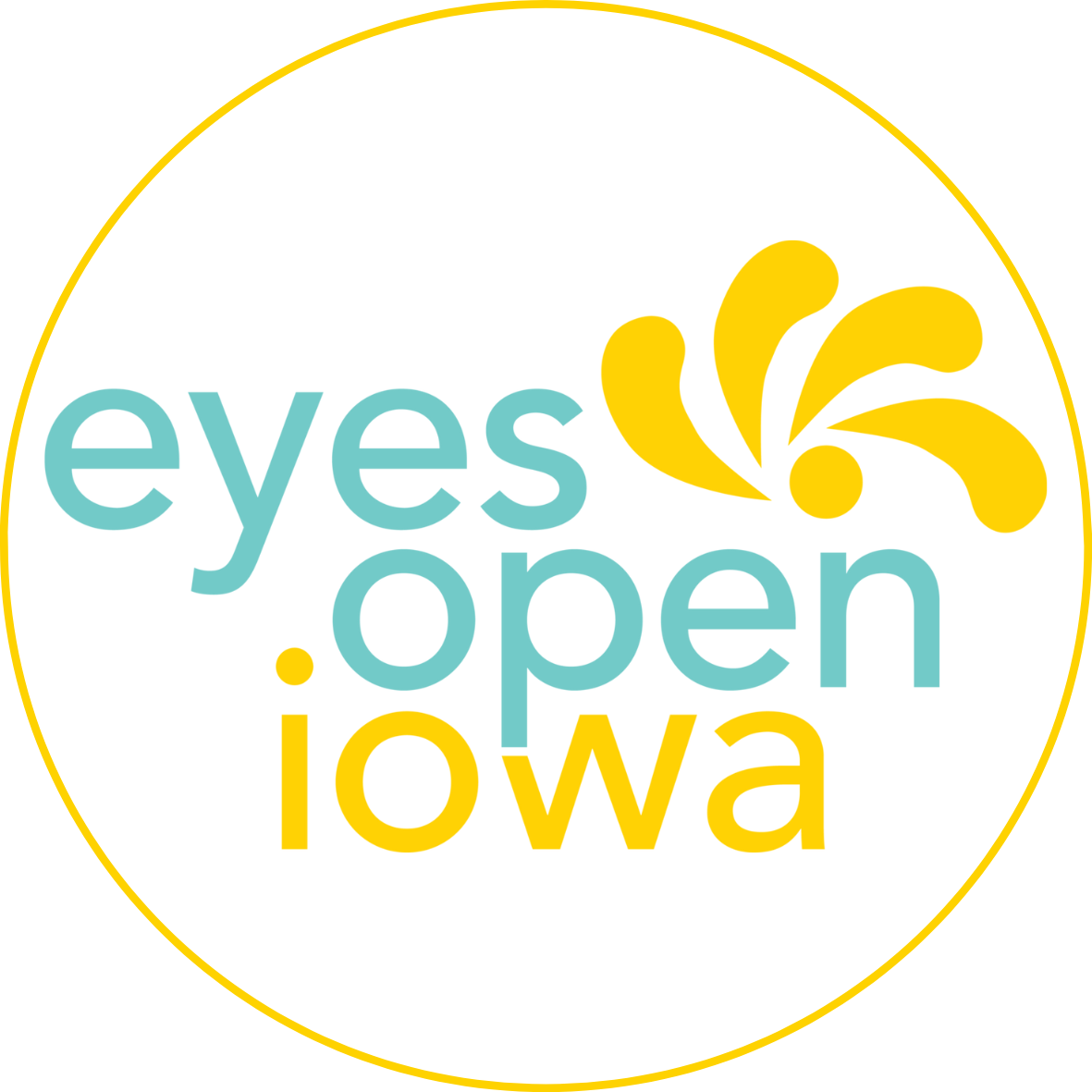New Year's Resolutions
Here we are again, the in the land of New Year’s resolutions.
Losing the (Quarantine) Weight.
Eating Healthier
Sticking to a Budget
Being a Better Person (whatever that means…we’ve done it too)
And yet, every year, it’s easy to track that after the initial hype, we’re all sort of over New Year’s resolutions by January 6th or so.
Many of us work with young people to help build their self-esteem. This work is critical and can be so rewarding. But it is equally important to keep track of and nurture our own relationship to ourselves as adults.
Usually, New Year’s resolutions are a thinly veiled mechanism for telling ourselves we are not enough and need to be BETTER.
This year, in addition to/instead of reliving the typical New Years resolution cycle, we offer you the following strategy for learning more about yourself and finding greater freedom within:
Step one: Pick one of your resolutions. For instance, “I want to lose 10 pounds” (a familiar one to many of us).
Step two: Instead of immediately proceeding headlong into an almost-sure-to-eventually-fail cycle of diet deprivation and positive/negative self-talk, try first asking yourself, “why do I want to lose 10 pounds?”
Common answers include, “to feel lighter, to feel as though I have more energy, to feel better about myself.” Sit with the question until you find one that feels the most true for you.
Step three: Pick your answer/one of your answers and make a list of all the ways and places in your life that this statement isn’t true – outside of weight concerns.
So, for example, if your reason was, “I want to feel lighter”, make a list of all the places in your life that feel heavy:
“I feel really bogged down at work with projects I keep saying yes to but don’t want to do” or
“I feel the weight of friendships or family relationships that don’t give to me as much as I give to them” or
“The grief I feel from having lost my mother feels like a weight in the middle of my chest.”
Step four: Decide to take a step to heal one of these places. For example, seeking therapy to work on why you constantly find yourself in relationships where you give, but don’t get, very much. Or to process grief. Or to examine your patterns at work.
It doesn’t mean we can’t carry on with weight loss or self-improvement. But doing this deeper work is the only thing that can provide the kind of freedom we seek in making New Year’s resolutions in the first place.
Wishing us all love and a little more lightness in 2021. And let’s go easy on ourselves – we survived 2020, which is no small feat on its own.
Gail Cowan, MSW, is EOI’s Director of Development. A former therapist, she also runs her own coaching business. Find her at www.gailcowan.com.
